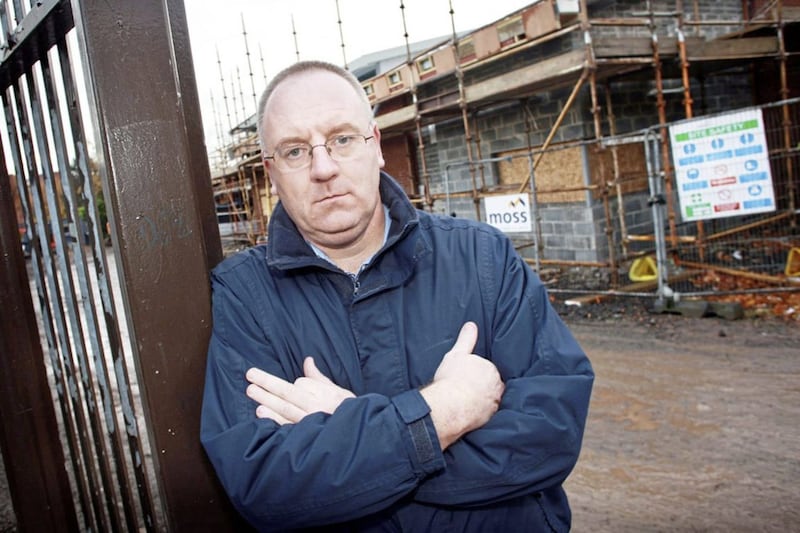If there are suspicions that paramilitary groups are responsible for illegal activity in any part of our society, it is essential that a full investigation follows, the perpetrators are brought to justice and all the related issues are comprehensively debated.
The appalling murder of Kevin McGuigan last month, which was immediately linked to the equally evil assassination of Gerard Davison in May, has quite rightly been placed under an intense spotlight because of growing claims over the involvement of past or present IRA members.
Political consequences have quickly taken shape and, although no charges have been brought, the future of our devolved institutions has been called into question.
Indeed, if the Stormont House talks which are due to begin tomorrow do not produce a breakthrough, the temporary or permanent suspension of our devolved structures has become a real possibility.
The arson attack which destroyed a van owned by a sub-contractor in Bangor, Co Down, on Friday was by any standards a much less serious incident than the McGuigan/Davison case and fortunately it did not result in any injuries.
However, it is widely believed that it was also the work of a paramilitary group and all the indications are that it was an act of intimidation as part of some form of loyalist protection racket in the Kilcooley estate.
It is striking that it has been the subject of comparatively little wider attention, and politicians have so far taken only limited interest in the circumstances, although it led to the withdrawal of all Housing Executive maintenance services from the area over fears for the safety of staff.
Loyalist paramilitary groups are well known to maintain a malign influence in a range of districts, with the murder of Bobby Moffett on Belfast's Shankill Road in 2010 providing a particularly notorious example of their ruthlessness.
While it must be accepted that political parties connected to loyalist organisations do not sit in the Stormont executive, there will still be a strong feeling that double standards are emerging in mainstream unionism.
The DUP and the Ulster Unionists were happy to publicly join forces with loyalist representatives as part of the discredited `graduated response' initiative over parading issues only last summer, but have taken a completely different approach over the disputed status of the IRA.
If a connection with paramilitary groups is correctly deemed to be unacceptable in one section of the community, the same principles must surely be applied on the other side of the sectarian divide.







